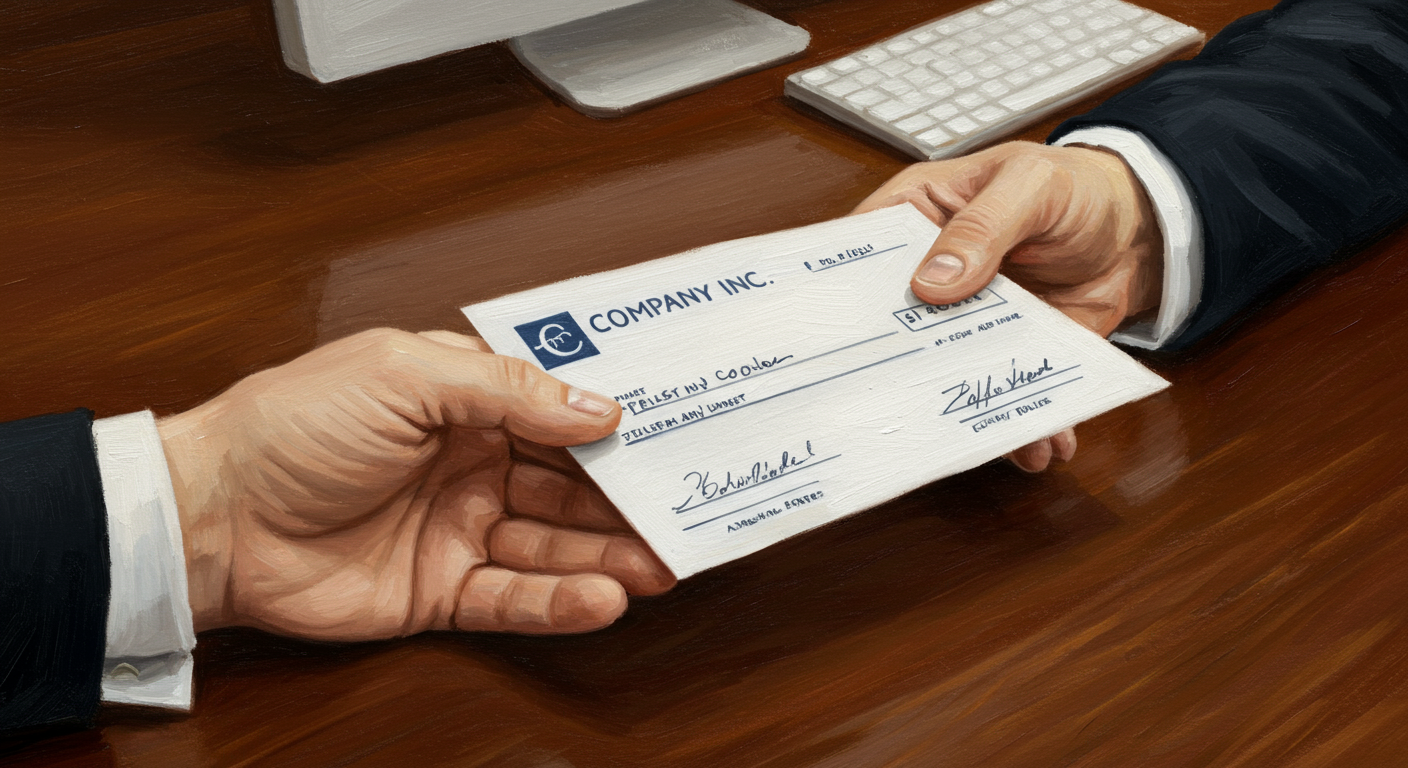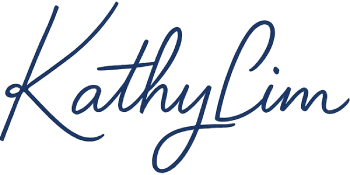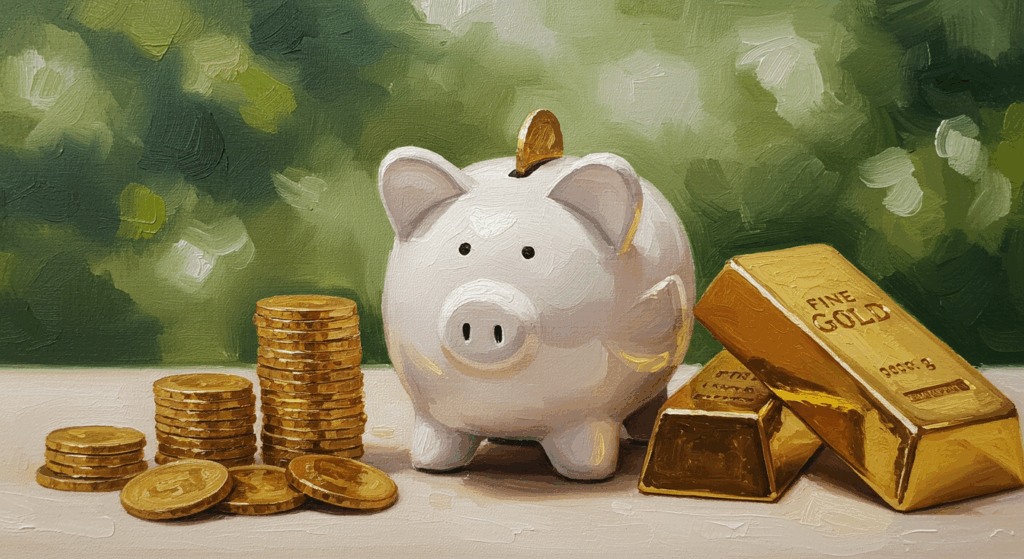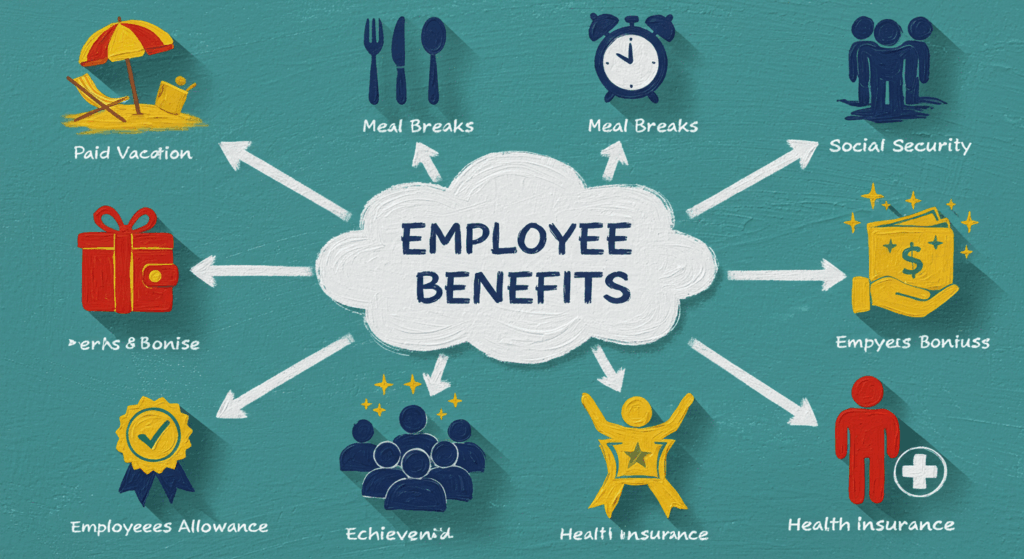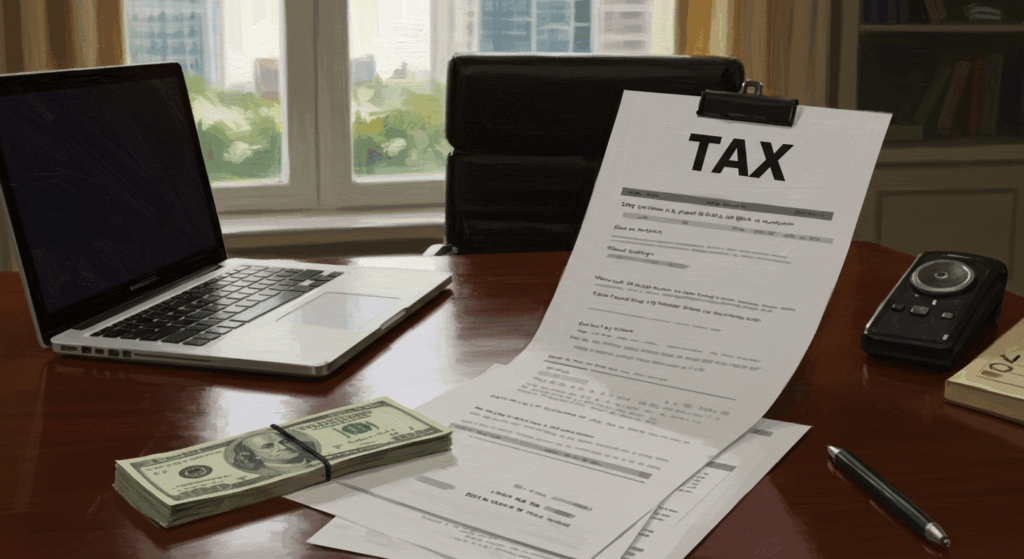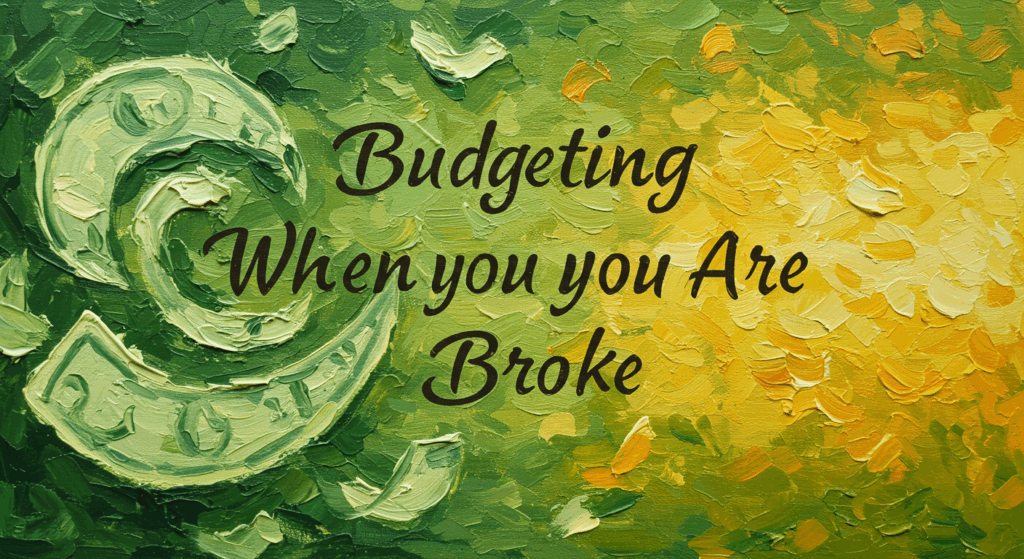Oh man, I still remember the excitement I felt when I was about to get my very first paycheck. You know that feeling? You’ve finally landed your first job, you’ve been working for what feels like forever (okay, maybe just a couple of weeks), and payday is approaching. You’re probably already mentally spending that money, right?
Well, let me tell you – and I wish someone had told me this back then – your first paycheck is going to be… different from what you’re expecting. And honestly? That’s totally normal. We’ve all been there, staring at our pay stub with this confused look on our faces, wondering where half our money went.
When Will You Actually Get Your First Paycheck?
Here’s the thing that nobody really explains clearly – depending on your start date, you may expect your first paycheck at the end of the first full pay period that you work. But what does that actually mean in real life?
Let’s say you start on a Monday and your company pays every other Friday. If you’re lucky enough to start at the beginning of a new pay period, you might get paid with everyone else. But here’s where it gets tricky – there is also the possibility that your full paycheck will come a little late because of the required paperwork that your new employer has to complete.
I’ve seen people wait anywhere from two to four weeks for their first check. I know, I know – it’s frustrating when you’re counting on that money. Some companies have what they call a “pay lag,” which basically means your paycheck may be issued a week or two (or longer) after you begin work. It’s not that they’re trying to mess with you – it’s just how their payroll system works.
The Waiting Game
The waiting can be brutal, especially if you’re living paycheck to paycheck or just graduated and have bills piling up. I remember calling my mom like three times asking when my first check would come because I was starting to panic about rent money.
Pro tip: When you start your job, don’t be shy about asking HR exactly when you can expect your first paycheck. They deal with this question all the time, and they’d rather tell you upfront than have you stress about it.
The Shock Factor: Why Your Paycheck Looks So Small
Okay, this is where things get real. Remember when you calculated your salary and thought “Sweet, I’m making X amount per month!” Yeah… about that. Generally speaking, you should be prepared for taxes and other deductions to be around 30% of your gross income.
Thirty percent! That’s almost a third of your money, gone before you even see it.
When I got my first paycheck, I literally thought there was a mistake. I mean, I knew about taxes in theory, but seeing it happen to MY money? That was a whole different story. I even called payroll to ask if they’d made an error. Spoiler alert: they hadn’t.
The Big Deductions You’ll See
Let’s break down what’s actually happening to your money, because understanding it makes it a little less painful (emphasis on “a little”).
Federal Income Tax This is probably going to be your biggest deduction. The amount depends on how much you make and what you put on your W-4 form. Remember that form you filled out on your first day? Yeah, that one determines how much they take out for federal taxes.
State Income Tax Unless you live in one of those lucky states with no income tax (looking at you, Florida and Texas), you’re going to see this deduction too. The rate varies wildly depending on where you live.
Social Security and Medicare (FICA) 1.45% of each of your paychecks is withheld for Medicare taxes and your employer contributes another 1.45%. Social Security takes another chunk – about 6.2% of your pay. These are pretty standard across the board, so everyone deals with them.
Other Stuff That Might Surprise You Here’s where it gets interesting. Depending on your job, you might see deductions for:
- Health insurance premiums
- Dental insurance
- Life insurance
- Retirement plan contributions (like a 401k)
- Parking fees (yes, really – some places charge you to park at work)
The Benefits Breakdown: Are They Worth It?
This is where I got really confused during my first job. They kept talking about “benefits” but all I saw were more deductions from my paycheck. Let me tell you though – some of these are actually worth it, even if it stings to see the money go.
Health Insurance: The Big One
Health insurance through your employer is usually way cheaper than getting it on your own. Even though it might take $50-200 out of your paycheck, individual plans can cost several times that amount. Trust me on this one – I learned the hard way when I tried to skip it once.
Retirement Contributions
I know, I know – retirement feels like a million years away when you’re just starting your career. But here’s something cool: many companies will match what you put into your 401k, up to a certain percentage. It’s literally free money. If your company matches 3% and you don’t contribute anything, you’re walking away from free cash.
Don’t be like my friend Jake who didn’t start contributing until he was 35. He’s still kicking himself about all that compound interest he missed out on.
The Optional Stuff
Some deductions are totally optional. Employees can decline to participate in all post-tax deductions but wage garnishments. Things like additional life insurance, disability insurance, or flexible spending accounts – you can usually opt out of these if money’s tight.
Reading Your Pay Stub Like a Pro
Your pay stub is like a roadmap of where your money went. At first, it looks like it’s written in some kind of code, but once you figure it out, it’s actually pretty straightforward.
Gross Pay: This is what you earned before any deductions. It’s the number that makes you feel good for about two seconds.
Deductions: Everything that got taken out, listed line by line. This section always makes me a little sad, not gonna lie.
Net Pay: This is your actual take-home pay – the money that hits your bank account. This is the number that matters for your budget.
It’s a good idea to keep each statement in a safe place. Seriously, don’t just throw these away. You’ll need them for things like applying for loans, doing your taxes, or proving your income for an apartment.
Making Peace with Your Smaller-Than-Expected Paycheck
Look, I’m not going to sugarcoat it – seeing your first paycheck can be a bit of a reality check. But here’s the thing: now you know what to expect, and you can plan accordingly.
Adjusting Your Budget
Remember that budget you made based on your gross salary? Yeah, you’re going to need to redo that based on your net pay. I made this mistake too, and it led to some very awkward conversations with my landlord.
Take your actual take-home pay and work backwards from there. It’s better to be pleasantly surprised by having more money than constantly stressed about coming up short.
The Silver Lining
Here’s something that might make you feel a little better: once you know what number to expect to see in the bank, you’ll be able to plan and budget so that you’re using those paychecks in the smartest way possible.
Plus, all those deductions? A lot of them are actually working for you. Those tax withholdings mean you probably won’t owe a huge amount when tax season comes around. That health insurance could save you thousands if you get sick or injured. And that retirement contribution is literally your future self thanking your present self.
Tips for Maximizing Your Take-Home Pay
Review Your W-4
If you’re getting a huge tax refund every year, you might be having too much withheld from your paycheck. You can adjust your W-4 to have less taken out for taxes, which means more money in each paycheck. Just be careful not to go too far in the other direction and end up owing money.
Take Advantage of Pre-Tax Benefits
Some deductions actually reduce your taxable income, which means you pay less in taxes overall. Things like health insurance premiums, retirement contributions, and HSA contributions often fall into this category.
Understand Your Options
If health care costs, life insurance coverage, or other benefits are eating up too much of your paycheck, it’s time to examine your benefits and your budget. You might be able to choose a less expensive health plan or adjust other benefits during open enrollment.
The Bottom Line
Getting your first paycheck is kind of like learning to drive – everyone warns you it’s going to be different than you expect, but you don’t really get it until you’re behind the wheel.
The important thing is not to panic. Yes, your take-home pay is going to be less than your gross salary. Yes, there are going to be a bunch of deductions that seem confusing at first. And yes, you’re going to need to adjust your expectations and your budget.
But you know what? You’re earning your own money now. You’re building toward your future with retirement contributions. You’ve got health insurance that’ll be there if you need it. And every paycheck, you’re learning more about how all this adult financial stuff actually works.
Just remember – we’ve all been exactly where you are right now, staring at that first pay stub and wondering what the heck happened to all our money. You’ll figure it out, just like the rest of us did. And before you know it, reading pay stubs will be second nature.
Welcome to the working world – it’s going to be quite a ride!

